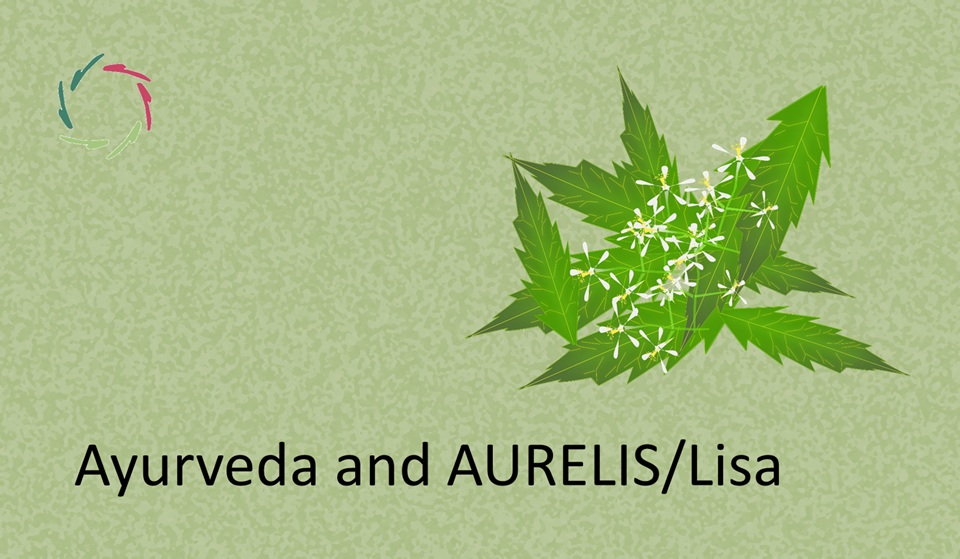The Trauma of Not Growing

Mental trauma, whether resulting from a single life event or a long-term traumatic condition, jeopardizes mental growth. Or is the lack of growth the trauma itself?
Living nature is about growth.
Plants grow in size; then, they grow seeds in order to grow more plants of the same species. All plants must die, but they grow further in their progeny.
Growth is intrinsic to life because of life’s continual battle against the universally ubiquitous non-living entropy (increasing chaos) within which it carves its living bubble and from which it lends – and eventually returns – its energy for further growth.
In principle, this can go on forever.
The human being is part of living nature.
This is, we too are all about growth ― physically in the way of plants and anything else in nature, and also psychologically, including in-depth.
In-depth, we arguably need growth more than in any other respect to stay mentally alive and thrive. Deep meaningfulness is related to anything that fosters inner growth. Eventually, the latter may be the meaning of meaningfulness itself.
Unsurprisingly, research shows that people are mainly motivated by growth in work, life, and play. Therefore, if you want to really motivate someone, for instance, on the job, then let him grow abundantly.
Not growing in-depth leads to a deadly trauma.
This is the quintessential mental trauma.
In order not to die, we seek the nourishment that lets us grow. Even during pregnancy, the little child seeks nourishment with the mother, then both parents ― mentally and physically. When deprived of this nourishment, unhealthy things may happen.
We then speak of childhood trauma, the trauma of not, or not healthily growing as a child. Since all further growth happens on top of this, it may profoundly influence a lifetime. For instance, it may lead to an escape from life and into addiction (to drugs or any other kind).
Without growth, one encounters chaos or – chaotic – emptiness.
Entropy doesn’t wait to come knocking at the door.
In death, the body too returns to entropy while life continues in other bodies. The eventual goal is not the individual but life itself. This even explicitly uses the individual’s death to continue its living growth. In turn, the individual receives a temporary gift. One may or may not be content with this gift. It doesn’t change any happening on a grander scale.
With the gift comes growth. Not growing brings trauma and the need for mending this trauma.
Unfortunately, conceptual psychotherapy – including of trauma – is rather change- than growth-oriented.
This way, it is neither durable nor can it ever be.
Human beings are organisms, not mechanisms. Therefore, the focus of mending any mental trauma needs to be put on growth. Straightforwardly, mental problems are always related to of a lack of growth. They don’t ask for symptomatic relief – changing to a prior condition – but for growth itself.
More than as the instrumental means to solve mental trauma, mental growth (Inner Strength) should be the goal itself of any therapy or coaching.


